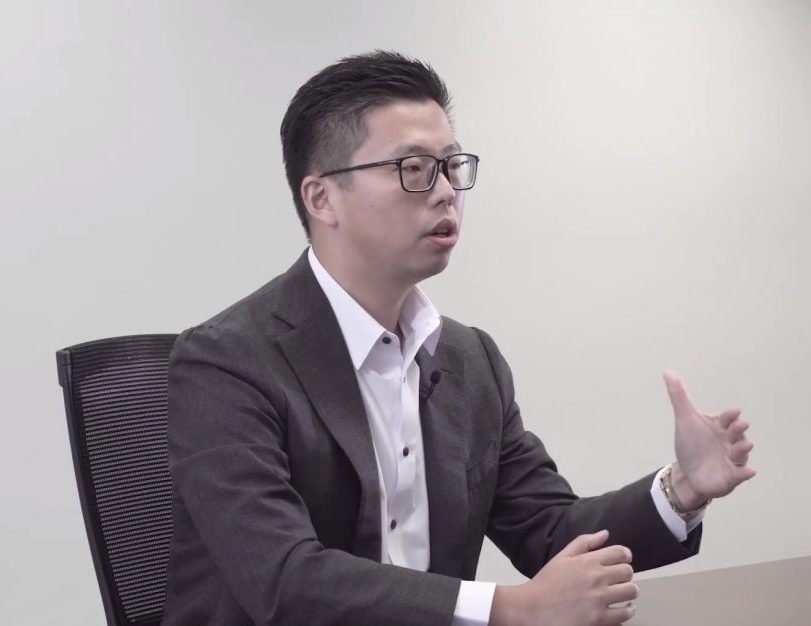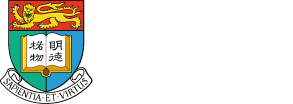
Max Sun

Student Story
We invited a current part-time student, Max Sun, who owns extensive experience in the finance industry, to talk about his MBA journey by asking how the programme benefited him as finance professional and how he tackles the professional challenges faced with the knowledge he has acquired from doing the MBA.
1) Can you please share your background with us?
My name is Max Sun and I relocated from Shanghai to Hong Kong in early 2020 with Fitch Ratings. My company is one of the “Big Three” credit rating agencies and is internationally recognised for its credit analysis and industrial research of corporates, financial institutions, public entities and sovereigns. Fitch also provides bond ratings to fixed income transactions.
I’m currently an Associate Director in the Fitch APAC Business Relationship Management team and am responsible for business development and outreach over issuers and bankers in Greater China.
2) Why did you choose HKU Part-Time MBA?
I think the first part of the question should be why am I taking an MBA course in Hong Kong? We are actually in an era of growing economies set to the backdrop of digitisation and globalisation (in spite of political and cultural collision between the US and China). I know many people are worried about the political tensions and the drifting of jobs away from Hong Kong, but all I can see is more and more opportunities appearing.
In order to implement the One Belt One Road strategy as well as the upgrading of its domestic industries, China will continue to invite more foreign capital and investment into this region. One good example is that my company, Fitch Ratings, has been approved to step into the domestic credit rating business by PBOC, which demonstrates the Chinese Government’s determination in opening up the financial markets. On the flip side, I think the world will also need China more than ever due to the lasting pandemic and the digital revolution. Hong Kong will also play a much more critical role in connecting China’s onshore and offshore financial systems in the future, and the further facilitation of these industrial initiatives.
So the second part of the question goes why HKU? My answer will be very straightforward; HKU is the most well-established, cultural university in Hong Kong with one of the top ranked MBA programmes in the world. The focus of APAC and China markets perfectly matches my personal development and career path planning.
I use the slogan of HKU to conclude my reason for choosing HKU MBA which is “Learning business where business is”.
3) Can you share with us how the programme equips you for your current role?
First of all I think the courses are very helpful as you have some fundamental courses such as accounting, econ and corporate finance which are designed to strengthen your financial knowledge. You can also take some electives such as managerial accounting which provides you with a holistic view of how a corporation manages its operations and budget planning through very different perspectives. There are newly added topics such as Python and big data to help you understand the Fintech and digitisation trends of the financial industry.
Secondly, I think those leadership talks are very important for everybody’s career planning. Before thinking about managing your team, you need to first learn how to manage yourself and to manage your network. Managing yourself means being prepared to learn new things, adapting to new trends and environments, and being transparent and emotionally connected. Managing your network means how to build up relationships and influence your partners, suppliers, customers and community. Joining the MBA programme itself is a form of leadership management as it not only enhances your personal value but also builds up the network around you through the meeting of people from different countries, different backgrounds and different cultures.
In general, taking the HKU MBA programme will be extremely helpful for both Fitch and myself in terms of reinforcing the network of capital market connections among issuers, bankers, investors and market participants.
4) The finance industry is considered an evergreen industry but the challenges it faces are huge. Given the experiences working within the industry, could you share the challenges you encounter in your role as an Associate Director at Fitch Ratings?
I think the main challenges and criticisms over credit rating agencies, including Fitch, is the accusations around our ‘issuer-paid’ business model. The company being rated actually pays for their own ratings which are then used by investors. This means that the model has an inherent conflict of interest. Some people might ask why don’t we just charge investors to (WHAT?) these ratings? Then that will be no conflict between issuer and rating agencies anymore, however the reality is that it’s very difficult to implement this idea. The biggest issue here is that there are different investors throwing money into different tranches of bonds and there are also secondary transactions happening from time to time so who should be obligated to pay these rating fees? Which investor pays how much? Who should be responsible to pay the annual fees for the second year? This is a similar situation that other financial services face.
5) Has the MBA helped you to overcome these challenges?
Definitely, and I strongly recommend all of you to take the business ethics course from Mr.David Lee. This should have been a very serious course but Mr.Lee took us on a fun journey by listening and telling us lots of stories about the defining moments we face in our lives. There are so many factors that could impact our daily decision-making, and the point is not to make the right decision based on the situation but to see things in the long run and to further establish your values by finding a purpose to your business, community, society and to your life.
As to the solutions to the challenges I face working for a credit rating agencies keeping a transparent and independent mindset would be useful but more importantly, as front line staff at Fitch Ratings, I shall bear ethical standards, values and principles in mind all the time will be responsible to my company, my stakeholder and my life.
6) Plenty of our applicants would like to use the MBA as a door to career change, and the majority of them join the finance industry after they have completed their MBA. Could you share your advice to those aspiring to join the financial industry?
The finance industry comprises a broad range of firms and institutions and there are also different types of business. The function of jobs may be further split. So the priority of studying an MBA is to straighten out different job functions of the finance industry in a holistic way and then figure out which types of business you want to engage in, and which areas you are interested in. After that you need to get yourself prepared through communicating with your MBA classmates and HKU alumni and using the HKU network to approach those institutions and business leaders.
Last but not least, timing is the key to everything. Keeping abreast of current affairs and staying alert to the changes around you is essential. Follow the trends brought by Fintech, big data and AI. I think opportunities will only be reserved for those who are well prepared.









